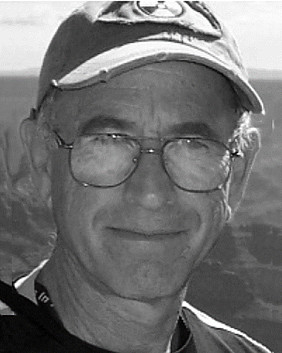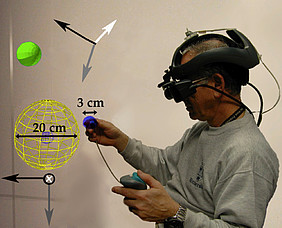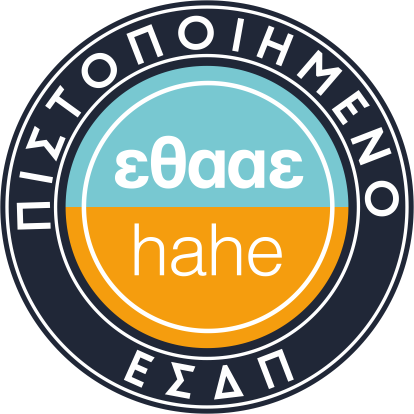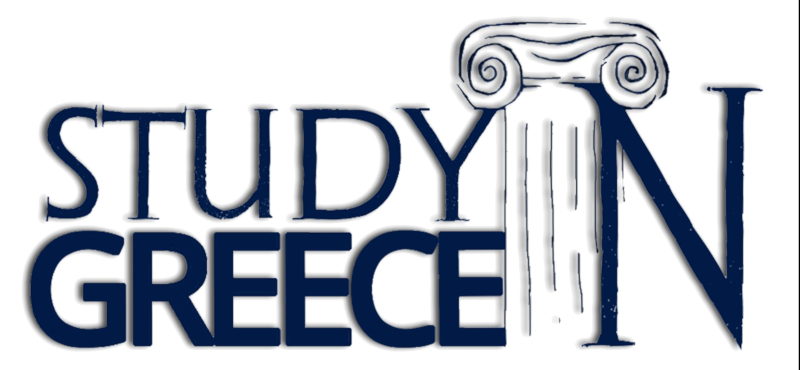Την Τετάρτη 17 Μαΐου 2023 και ώρα 11:00 π.μ., θα δοθεί διά ζώσης ομιλία από τον Dr. Stephen R. Ellis, με τίτλο "Complexity - Complicated" στο Αμφιθέατρο «Θέλμα Μαυρίδου» στο Κτίριο Επιστημών στην Πολυτεχνειούπολη. O Dr. Stephen R. Ellis, Διευθυντής για δεκαετίες του Εργαστηρίου Advanced Displays and Spatial Perception Laboratory του NASA Ames Research Center, USA, είναι από τους πιο αναγνωρισμένους και πρωτοπόρους επιστήμονες στον κόσμο στον τομέα των εξομοιώσεων και τεχνολογιών εικονικής πραγματικότητας για εφαρμογές αεροδιαστημικής, με έμφαση στην ενσωμάτωση, αλλά και μελέτη, αρχών χωρικής αντίληψης σε αυτές.
Περίληψη
Complexity, a concept that varies widely across a variety of disciplines, is examined: primarily in terms of it’s semantics. The Cognitive Scientist Don Norman’s view that Complexity arises from observers’ sense of puzzling complication will be adopted. In his view, Complexity is best understood as a relation between an observer and observed objects rather than as something that is a property of the object. An attempt will be made thereafter to reconcile this approach with the key components of Kolmogorov’s definition of algorithmic complexity: In my view one using Norman’s analysis may see the programmer who Kolmogorov envisions as writing a program to generate the mathematical object in question as the puzzled observer described by Norman. The length of this written program to describe the object’s complexity is so to say the measure of the programmer’s puzzlement. Because of the advance in computer graphics, vehicle simulation, and computer-based manufacturing, it appears likely Kolmogorov’s approach to complexity measurement may well now be generalizable to widely varied new objects and actions. Kolmogorov’s measure of complexity should also be especially appreciated because it avoids the dominating reliance on counting that characterize Turing-inspired measures of complexity, e.g. Big O() notation. While measuring complexity is certainly partially a counting problem, it will be argued that it is not entirely a counting problem. The difficulty of counting also counts! That difficulty is seen as represented by the effort to produce the shortest program to produce the object in question. (This point will likely be debated. I suspect I will lose, but hopefully learn something in the process.) In conclusion, a specific technique for orthogonalizing otherwise interacting constraints on orbital maneuver planning will be reviewed. It illustrates a successful approach for managing counterintuitive complex interactions during planning in an interactive display intended to improve astronaut orbital intuitions.
Βιογραφικό
Stephen R. Ellis has headed the Advanced Displays and Spatial Perception Laboratory at the NASA Ames Research Center. He received a Ph.D. in Psychology (1974) from McGill University and postdoctoral fellowships in Physiological optics and Bioengineering at Brown University and at the University of California, Berkeley respectively. He has published over 170 journal publications and reports on user interaction with spatial information and has been in the forefront of the introduction of perspective and 3D formats into user interfaces for aerospace applications. He has served on the editorial boards of Presence, Virtual Reality and Human Factors and has edited a book, Pictorial communication in virtual and real environments (Taylor and Francis, London, 2nd Ed. 1993). Most recently, after retiring from NASA, he has become Chief Scientist for a startup called Pillantas that is developing concepts for eye position-based user interfaces. He also briefly worked for Oculus (under Meta) but quit after noting ethical issues that could arise from mass Head Mounted Display deployment.
















